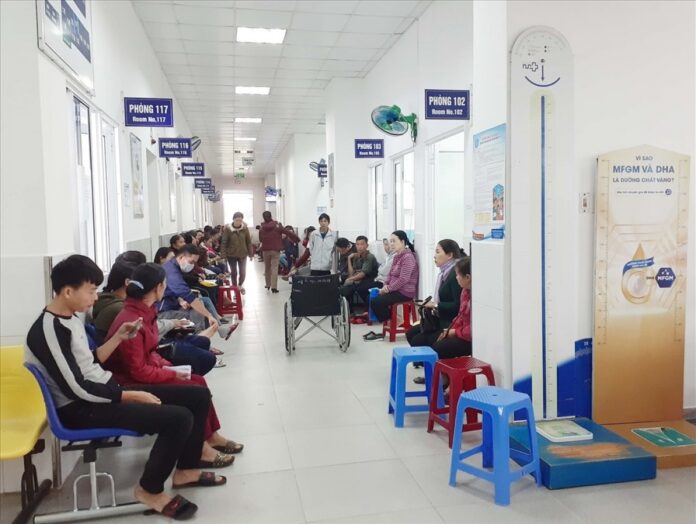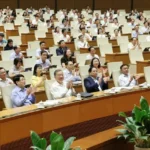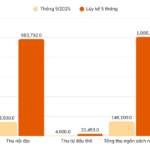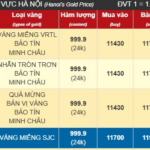In a recent development, General Secretary To Lam has instructed the development of a plan with a phased approach to reduce the financial burden of healthcare costs on citizens, with the ultimate goal of providing free medical care for all by the period of 2030-2035. This directive is a significant step towards ensuring that all citizens have access to healthcare and reflects the country’s commitment to sustainable development.
The implementation roadmap is divided into two phases. The initial phase will prioritize vulnerable groups, including the poor, veterans, children, and the elderly. Starting from 2026 onwards, the focus will shift to providing annual health check-ups for all citizens, with the aim of achieving free medical care for everyone by 2030-2035.
According to a press conference held by the government on the evening of May 6, 2025, the Ministry of Health estimated that with a population of 100 million and an average cost of VND 250,000 per medical examination, a budget of approximately VND 25,000 billion would be required to ensure that every citizen receives an annual health check-up. Referring to the People’s Newspaper, the total budget for healthcare in 2020 was VND 272,240 billion, including Health Insurance of about VND 100,000 billion. This estimate highlights the financial challenge in balancing the budget. However, the “hundred thousand billion” puzzle of free medical care for all is not unsolvable.
Three key resources to achieve the goal of free medical care for all
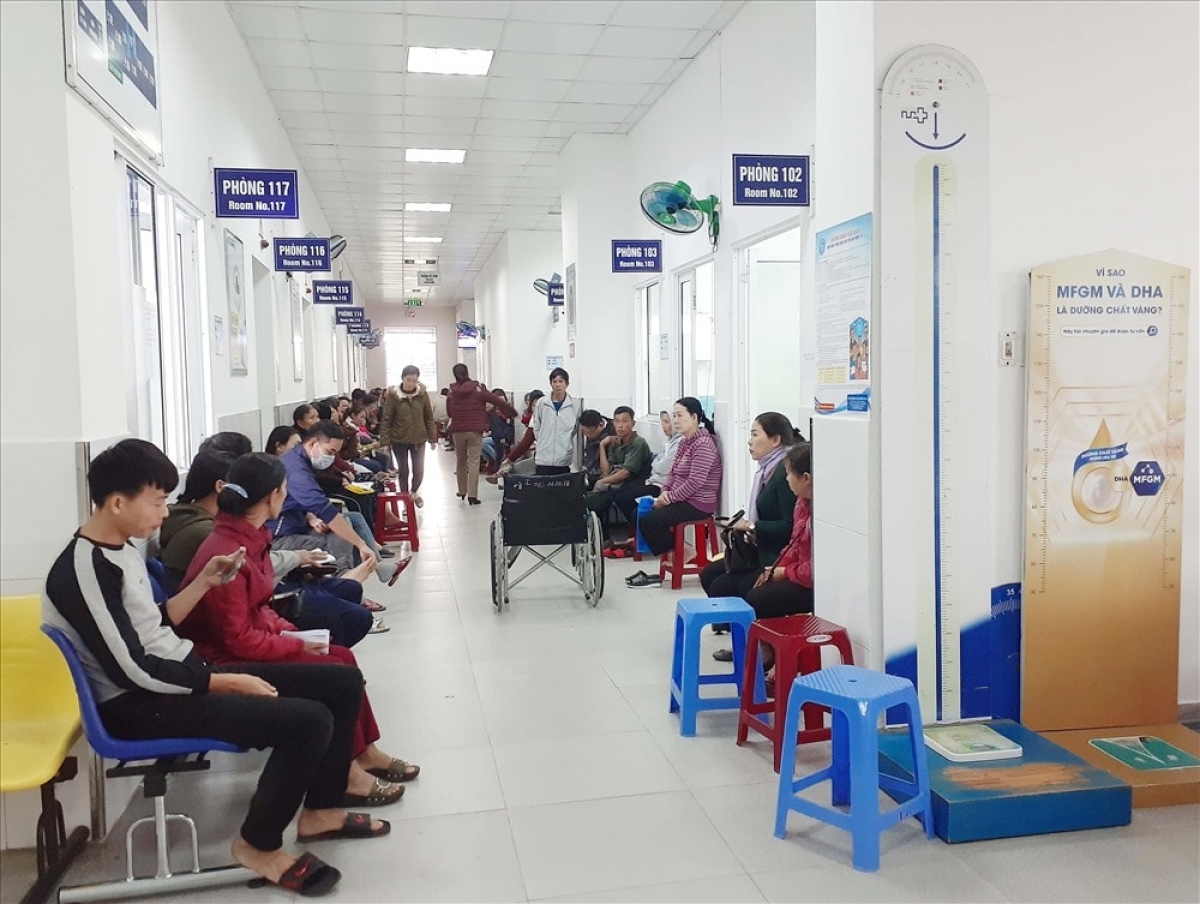
The proposal for free medical care for all has garnered significant attention from the public. (Image source: Ministry of Health’s Portal)
According to Associate Professor Dr. Dao Xuan Co, Director of Bach Mai Hospital, financial resources are the key to achieving the goal of free medical care for all. He expressed confidence in Vietnam’s ability to attain this objective within the next decade, relying on three main sources of funding: universal health insurance, state budget, and socialized resources, as reported by VnExpress.
Universal health insurance is the cornerstone of this initiative. Dr. Co emphasized the need to expand coverage and diversify insurance options to ensure protection for 100% of the population.
According to the People’s Newspaper, while Vietnam has achieved over 94% health insurance coverage, the current benefit package does not adequately cover the cost of modern treatment methods. Additionally, the list of new drugs, techniques, and advanced equipment is not regularly updated. Therefore, in addition to amending the Law on Health Insurance in 2024, it is necessary to continue restructuring the insurance fund, adjusting contribution levels based on income rather than basic wages, improving investment efficiency, and expanding benefits in a reasonable and controlled manner, as reported by the People’s Newspaper.
Regarding the state budget and socialized resources, experts suggest that Vietnam can learn from other countries’ successful models of mobilizing these resources. According to VnExpress, some countries have utilized revenue from increased taxes on alcohol, tobacco, and sugary drinks to fund their healthcare systems. For instance, in Thailand, 2% of the tax revenue from alcohol and tobacco, amounting to USD 120 million per year, is allocated for community healthcare. Similarly, the Philippines allocates 85% of its tobacco tax revenue to healthcare expenses.
In Vietnam, the revised Law on Special Consumption Tax was officially passed by the National Assembly on June 14, 2025. This law introduces a tax increase on alcohol, tobacco, and, for the first time, includes sugary drinks in the taxable category, with the new rates being implemented gradually from 2026 to 2031.
Additionally, as reported by VnExpress, many non-profit hospitals in developed countries have successfully operated through socialized capital and investments from enterprises contributing to welfare funds. Therefore, it is essential to establish mechanisms to actively mobilize these resources for the betterment of public healthcare.
(Consolidated)
The Economic Development and Social Progress: A Parliamentary Discussion
Today (June 17th), the National Assembly will devote most of its time in the hall to discussing the implementation of the socio-economic development plan, the state budget, and other significant matters. This discussion session will be broadcast live on television and radio for voters and the public to observe.
The First Vietnamese Province Merges 6 Hospitals into 1: A Bold Move with Visible Results
In a landmark decision earlier this April, the province announced the merger of five specialized hospitals into the provincial general hospital. This bold move will see six hospitals consolidated into one, streamlined entity.
The Strategic Alliance: Bach Phuc and SBC Medical Group Japan
“The prestigious Company for Import, Export, and Trade, Bach Phuc (Vietnam), and SBC Medical Group (Japan) have entered into an exclusive strategic partnership. This exciting collaboration aims to bring an extensive range of premium Japanese cosmetic and medical products directly to the Vietnamese market. With this partnership, the advanced medical solutions of Japan are now more accessible to the Vietnamese community, offering an enhanced quality of life.”
Tax Authorities Conducted Nearly 16,000 Inspections in the First Five Months of the Year:
This title maintains the essence of the provided text but is crafted with a more engaging and informative tone, suitable for an English-speaking audience.
As of May 2025, the tax industry has conducted 15,848 inspections and audits, resulting in a proposed handling amount of VND 20,490 billion, a significant increase of 142% compared to the same period last year.


























